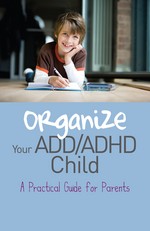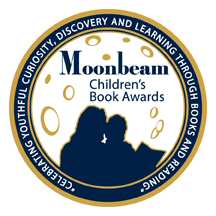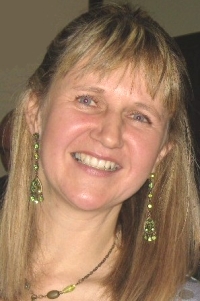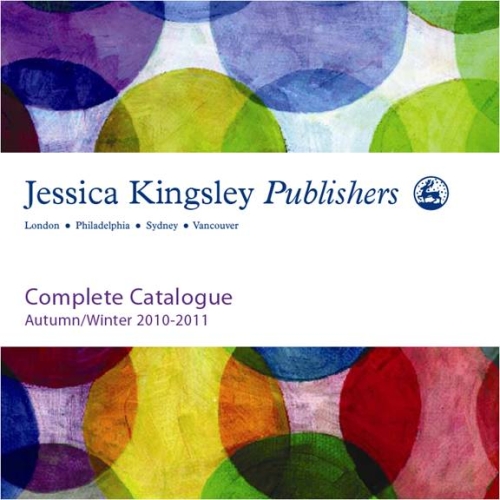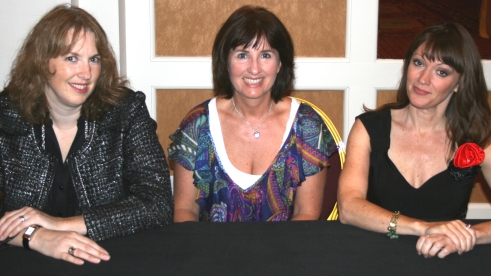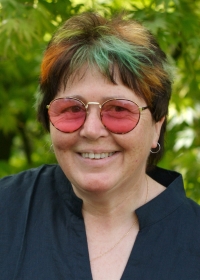‘Guerrilla Mum’ on Making Each Half-Term Count for Students with SEN
“It is already half term, and the end of the school year seems to be a long way off, as we plunge into a series of cold wet days. However, in terms of Individual Education Plans (IEPs) and statements of SEN the school year is approximately one sixth over. This is time we can never get back, and children with SEN need each half term to really count…”

